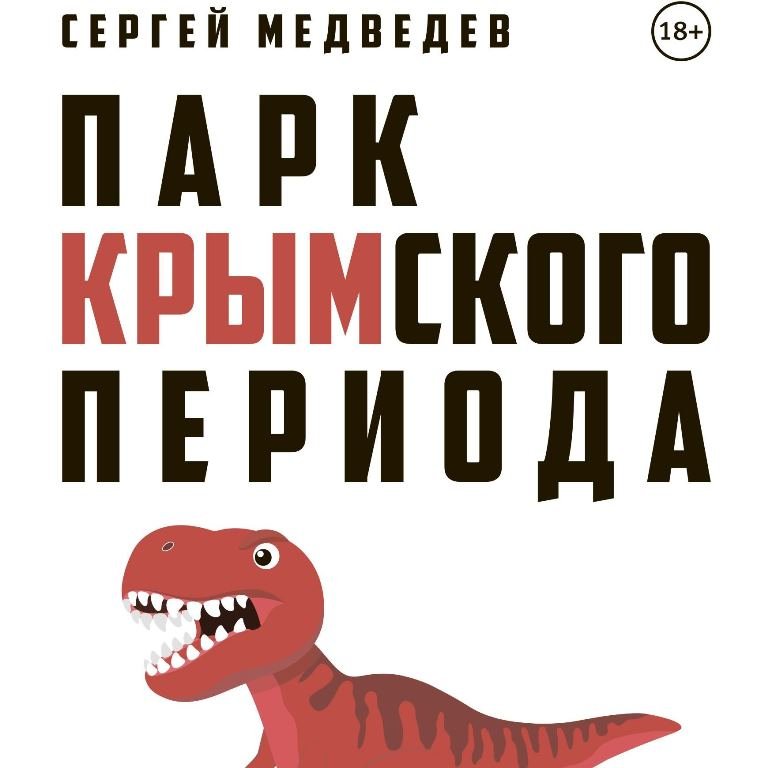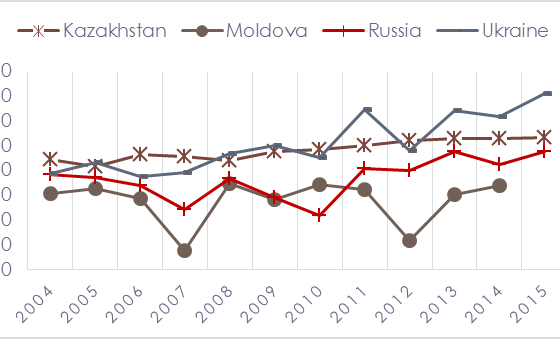Sergei Medvedev's collection of essays, The Crimean Period of Russian History (Moscow, Individuum Publishers, 2017), evokes the key political, social, and historical debates in Russia over the past three years. Chekists and journalists, wars in Donbas and Syria, tanks in military parades and black government limos, conflicting memories of Stalin and Yeltsin, the jetsetter dogs of Vice Prime Minister Igor Shuvalov, and cheeky pop songs by musician Sergei Shnurov, all form the counterpoint of the author’s narrative about Russian power and society during Putin’s third term in office. Medvedev's essays are ironic in style and academic in essence, giving a sharp sociological commentary to recent events in Russia.
The book has been tentatively selected for English-language publication next year by Polity Press.
“This is a book of many things – of politics and history, of slavery and riot, of creativity and lies. Sergei Medvedev is the best journalist among our academics, and the best sociologist among journalists, a true leader of the Russian public sphere. Never before has the post-Soviet country been treated so broadly and so sharply, with such love, sadness, and knowledge.” – Alexander Etkind, historian of culture and literature
“It’s night again in Russia, with fires of vanity burning, and shamans calling the shadows of forgotten ancestors. In a series of brilliant essays, Sergei Medvedev writes the chronicles of savagery, the immersion of the society into myth. A hero-intellectual is trying to disenchant the thick forest which has grown overnight on the place of the polis." – Vladimir Mirzoev, theater and film director
“In an non-free country, a free book has appeared. Sergei Medvedev is that Russian European of which Dostoyevsky was writing in the Adolescent.” – Yuri Pivovarov, historian
"Sergei Medvedev is a brilliant sociologist and publicist, one of the most educated people of our time.This book is a collection of reflections provoked by life, but constantly going beyond the ordinary." Each story has its own truth, as is its own personal pain of the author, who sees the imperfection of the surrounding reality. " – Vladislav Inozemtsev, economist and political scientist











